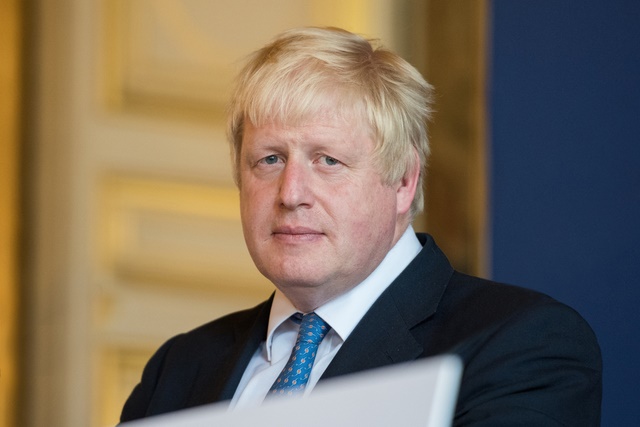GBP/EUR Exchange Rate Dented as Polls Narrow
The Pound to Euro (GBP/EUR) exchange rate is trending lower this morning as markets respond to polling data showing Labour closing the gap with the Conservatives.
At the time of writing the GBP/EUR exchange rate is trading at around €1.1666, down almost 0.4% from this morning opening rate.
Fears of a Hung Parliament to Cap the Pound (GBP)?
The Pound (GBP) has traded fairly robustly over the last four weeks in spite of the snap UK election kicking up fresh political uncertainty.
This resilience has been mostly tied to expectations that the Conservatives would come out on top on 12th December, and that a majority in Parliament may allow Boris Johnson to push through his Brexit deal and enact more business-friendly policies.
Up until now polling data has shown the Tories gradually increasing their lead over Labour, topping out at an average 14-point lead.
However this lead appears to have unravelled in recent polls, with some even suggesting the gap may have narrowed to just 7 points.
This leaves Sterling vulnerable to pressure as it increases the odds that we could see a hung parliament following next month’s snap election. An outcome which would see the deadlock over Brexit persist into 2020.
GBP exchange rates will remain highly sensitive to UK political developments in the remaining two weeks of the election campaign, with any setbacks for the Tories likely to infuse additional volatility into the Pound.
Weak Eurozone Inflation Remains Risk for the Euro (EUR)
The Euro (EUR) faces some possible headwinds later this week as the Eurozone gears up to publish its latest consumer price index.
Eurozone inflation slumped to a near-three year low last month, and while economists are forecasting a modest pick-up in November, it’s expected to have remained below 1%.
This leaves it significantly short of the European Central Bank’s (ECB) target rate of 2%, which is likely to spur speculation that the ECB will need to introduce additional easing measures in the short-term.
These concerns are leant further weigh following comments by the ECB’s François Villeroy de Galhau who said that low-interest rates are still required to support the Eurozone economy.


Comments are closed.